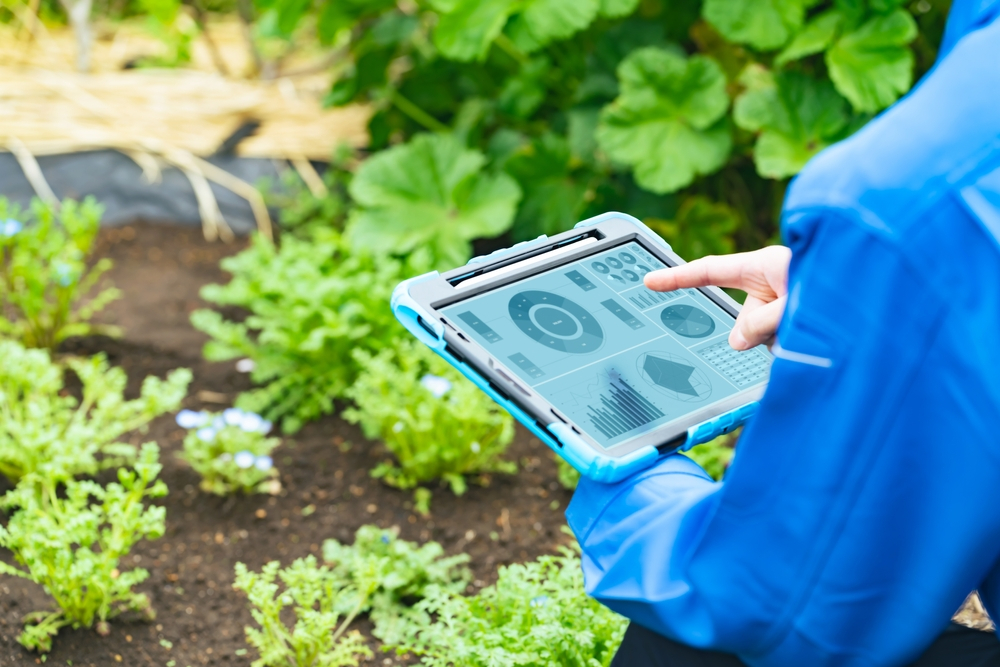In an era where technology permeates every facet of life, farmers are increasingly turning to Artificial Intelligence (AI) to address the monumental challenge of feeding the world’s growing population.
With agricultural demands escalating and resources becoming scarcer, the integration of AI offers promising solutions to enhance productivity, sustainability, and resilience in farming practices worldwide.
At the heart of this technological revolution lies the power of data. Through sophisticated algorithms and machine learning capabilities, AI platforms analyze vast amounts of agricultural data, ranging from weather patterns and soil conditions to crop health and yield predictions.
By leveraging this wealth of information, farmers gain invaluable insights into optimizing their operations and maximizing crop yields while minimizing resource consumption.
One of the most transformative applications of AI in agriculture is precision farming. By employing drones equipped with advanced sensors and cameras, farmers can conduct aerial surveys of their fields, capturing detailed images and data points in real-time.
These insights enable precise decision-making, allowing farmers to tailor irrigation, fertilization, and pesticide application to specific areas of their fields, thereby minimizing waste and environmental impact.
Moreover, AI-powered predictive analytics empower farmers to anticipate and mitigate risks associated with crop diseases, pests, and adverse weather events. By identifying early warning signs and recommending proactive measures, AI algorithms help farmers safeguard their crops and optimize harvest outcomes, ensuring food security for communities around the globe.
In addition to on-field applications, AI is revolutionizing supply chain management and logistics in agriculture. By optimizing transportation routes, warehouse operations, and inventory management systems, AI-driven platforms streamline the distribution of agricultural produce, reducing food waste and ensuring timely delivery to markets and consumers.
Furthermore, AI-enabled robotics are transforming labor-intensive tasks such as planting, harvesting, and sorting. Autonomous tractors equipped with GPS navigation and precision control systems can plow fields with unparalleled accuracy and efficiency, freeing up human labor for more strategic and value-added activities.
As the world grapples with the complex challenges of climate change, resource depletion, and population growth, the adoption of AI in agriculture offers a beacon of hope for a more sustainable and resilient future.
By harnessing the power of technology, farmers are poised to revolutionize global food production, ensuring that future generations have access to safe, nutritious, and abundant food supplies. In this dynamic landscape, the fusion of human ingenuity and technological innovation holds the key to nourishing our planet and shaping a more food-secure world.


Comments are closed.